Journalists: The people you watch on the nightly news, the names you see under the title of articles and most of the people who give interviews on TV are all journalists. Like most people, journalists are trained to do a job – one that keeps you informed from day to day. Whether it’s the weather for your commute or what’s happening in Washington, all news keeps your need for information satisfied.
Some of the news released to the public is negative or sometimes salacious, causing pushback from the people the news is about. For instance, if a scandalous story about you was released to the public, you wouldn’t be too happy about it.
Take the latest Kardashian scandal involving Tristan Thompson and Jordyn Woods as an example. Once the information broke that Thompson cheated again, it spread like wildfire; but once Woods was named as the mistress, the internet exploded. Whether Thompson, Woods or Khloe Kardashian wanted this scandal published or not, the news of the affair was still printed and broadcasted nationally. If journalists didn’t do their job, the story would never exist. Even though it is a pretty useless story, readers wouldn’t have gotten their fix of indulgent Hollywood gossip without it.
Hollywood can’t avoid news coverage because celebrities can’t escape the limelight. However, people like politicians, businessmen and world leaders will sometimes do whatever it takes to keep their names and their images clean. People sometimes try to obstruct what journalists are paid to do, resulting in censorship that comes in all shapes and forms. If you don’t like what’s being reported about you, whether it be corruption, scandal or other wrong-doings, then maybe you shouldn’t have done them in the first place – just plain common sense. But some elites clearly don’t understand this common sense and are outraged at the press for simply doing their jobs.
Lately, people of stature have begun taking matters into their own hands. Today, the harsh reality is that people attempt to silence journalists for “exposé” articles and interviews merely seeking answers. Very recently, Univision reporter Jorge Ramos and his crew were detained in Caracas, Venezuela. Executive producer Maria Martinez-Guzman said in an interview with CBSN that the group was held captive after an interview with Venezuela President Nicolás Maduro went south.
Martinez-Guzman talked about Ramos’ interview style, stating, “If you know anything about Jorge Ramos, you know that you are not going to get a free ride. If you’re sitting down with him, you’re going to get tough questions. It doesn’t matter if you are President Trump or if you are Maduro, he’s going to be very fair, but he’s going to be tough.” Tensions were already on high when Ramos started the interview by asking, “What should I call you, dictator or president?” After 17 minutes, Maduro hit the breaking point and cut the interview short when he saw a video of his own people eating out of a garbage truck. From there, Venezuelan officials confiscated, or “stole” in the words of Martinez-Guzman, $180,000 worth of equipment and locked the group in a “dark room” for two hours. All of this was done in order to protect the already tarnished image of Maduro.
Unfortunately, the lengths at which someone will go to censor a journalist in this age has sometimes become fatal. Jamal Khashoggi, a journalist and columnist at the Washington Post, was killed at the Saudi consulate in Turkey on Oct. 2. In the past, Khashoggi was extremely vocal against the Crown Prince of Saudi Arabia, Mohammed bin Salman. Sadly, Khashoggi simply voicing his opinion about the Crown Prince’s policies is what got him killed. A week before Khashoggi’s death, Bulgarian television journalist Viktoria Marinova was raped and murdered. Bulgaria has a known corrupt government but denied that her investigative work on allegations of corruption and misuse of EU aid was tied to her death. Both journalists were likely silenced permanently just for doing their jobs.
Journalists should not have to live in fear that one day they’ll meet their maker because of the words they put down on a page or broadcast to the nation. It’s their job to find the truth and report it to the public. As a young journalist myself, it is a scary reality that I will always have to be looking over my shoulder after I report something. Journalists shouldn’t have to pay the ultimate price for somebody else’s mistake. Let us do our job with some peace of mind.
Nicole Biagioni is a Collegian columnist and can be reached at [email protected].

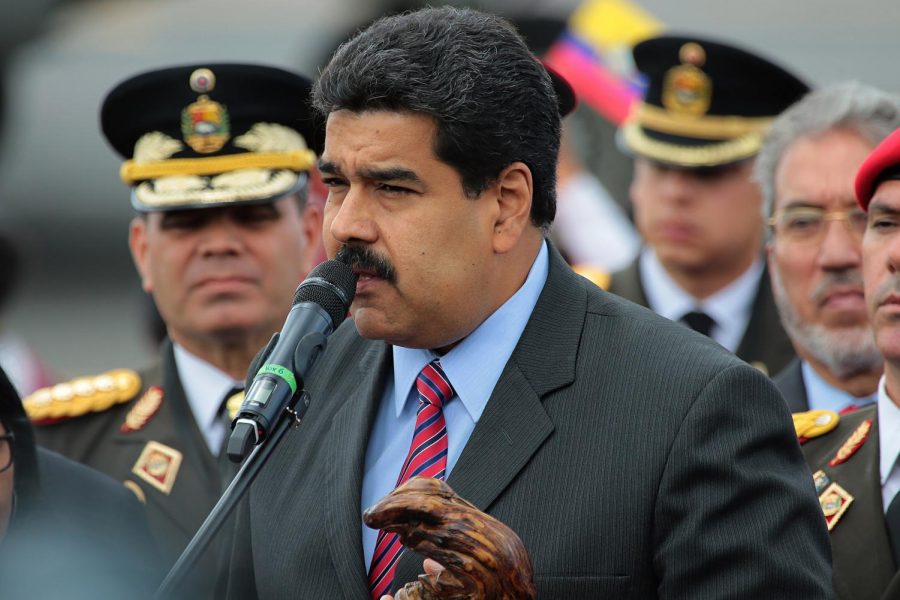

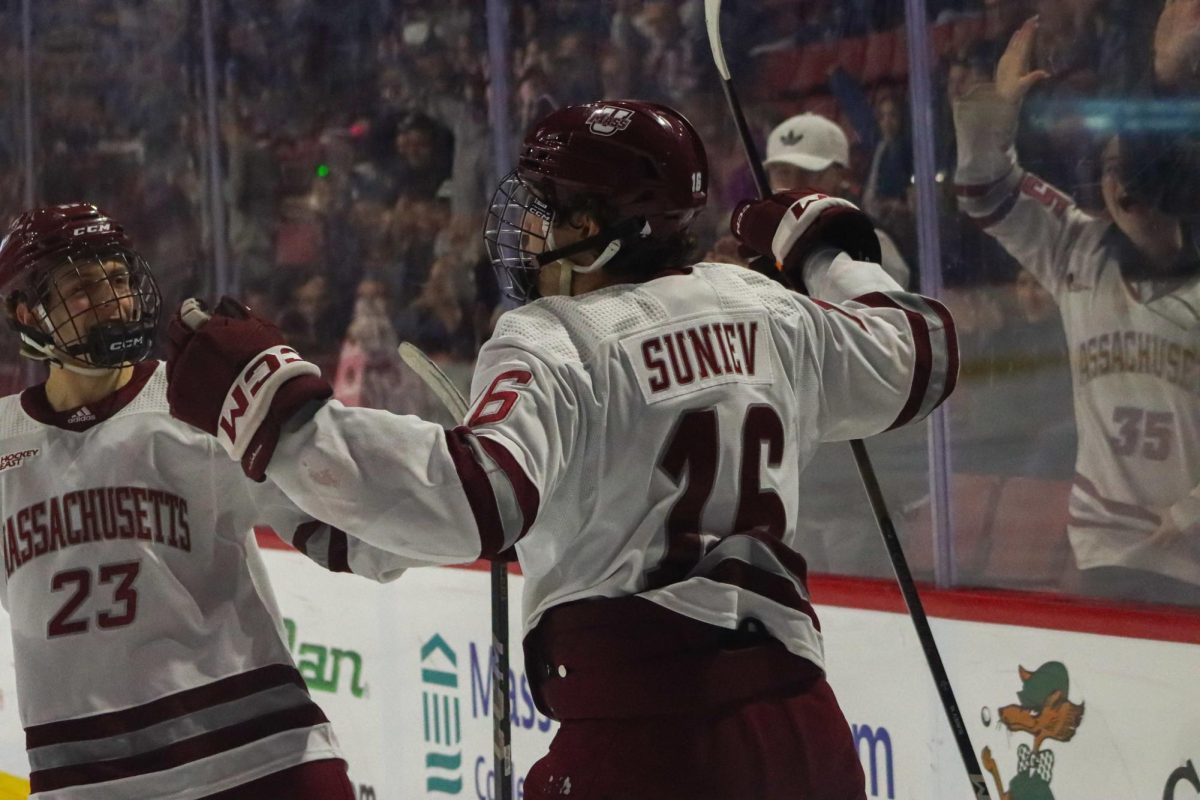
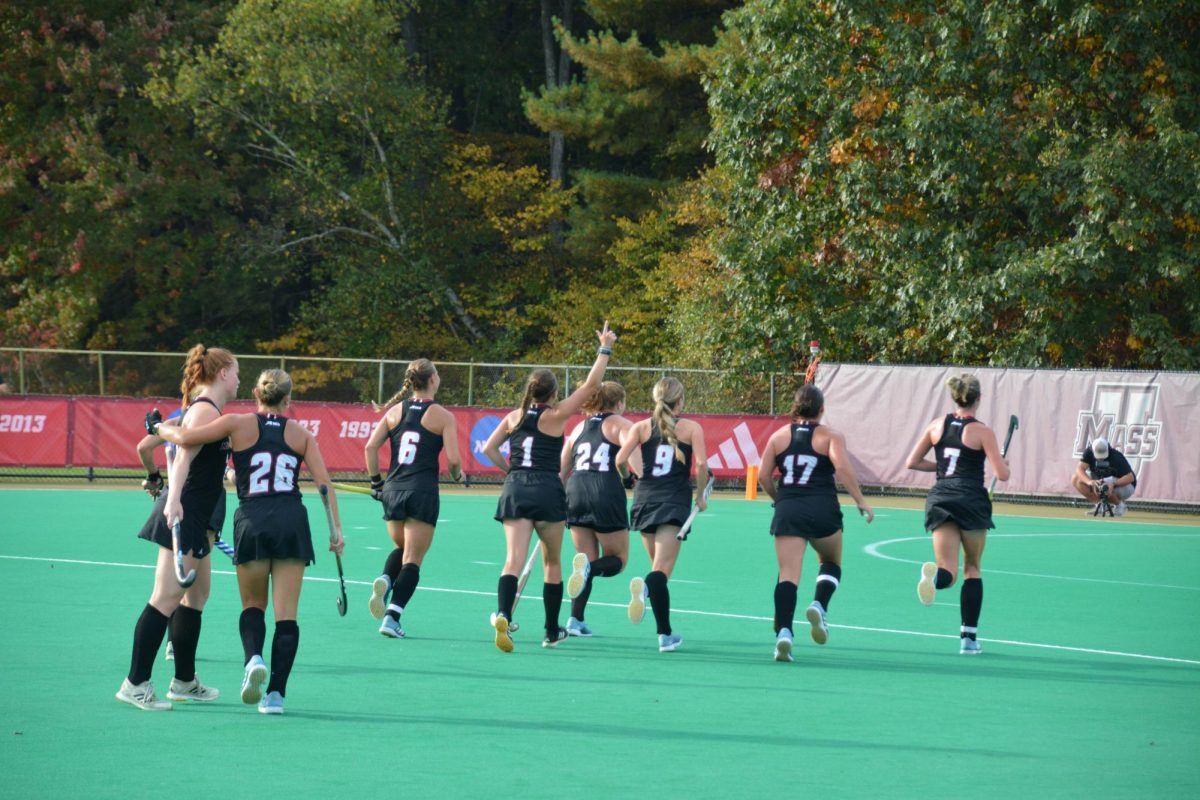
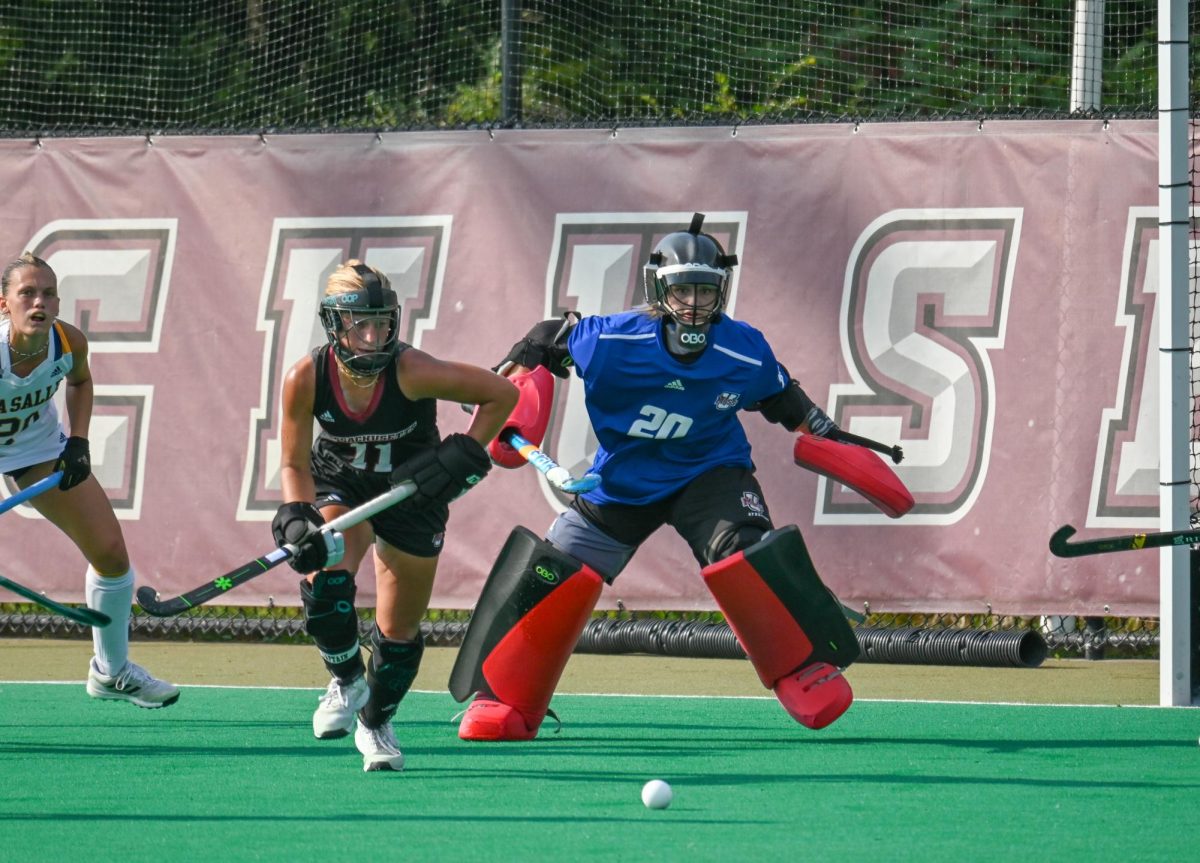
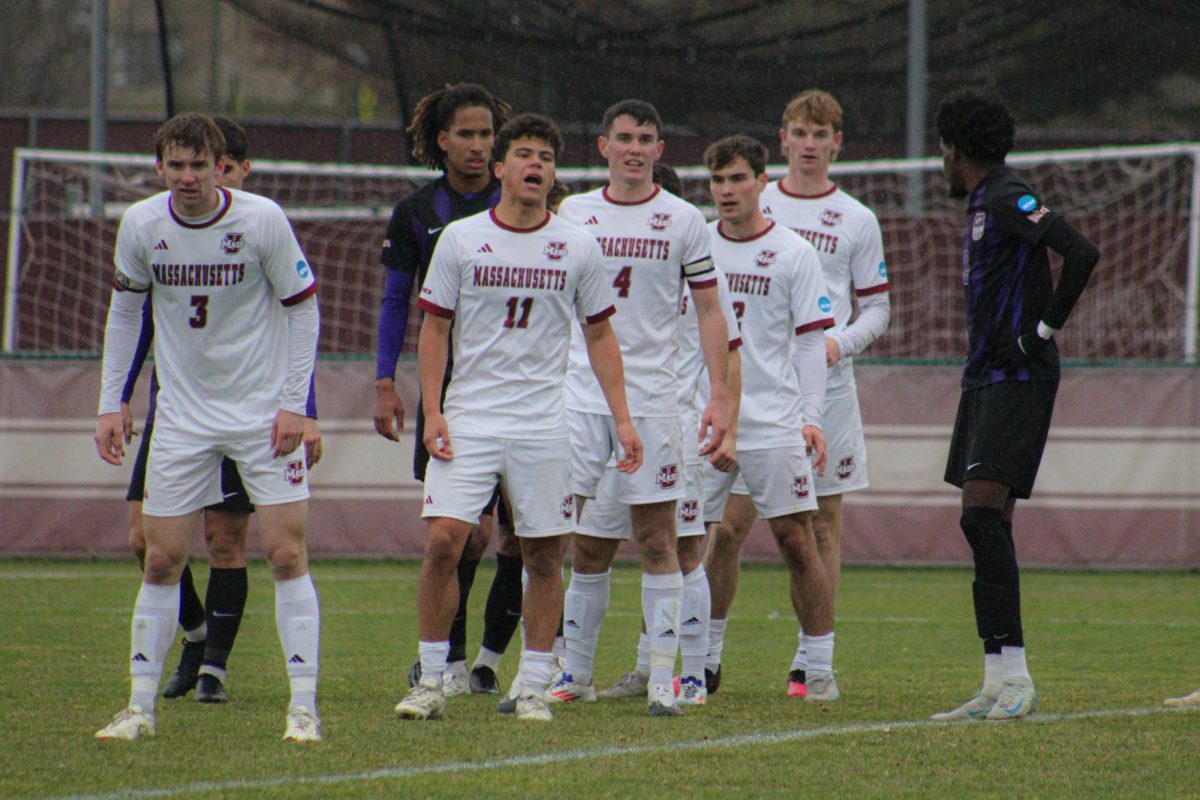
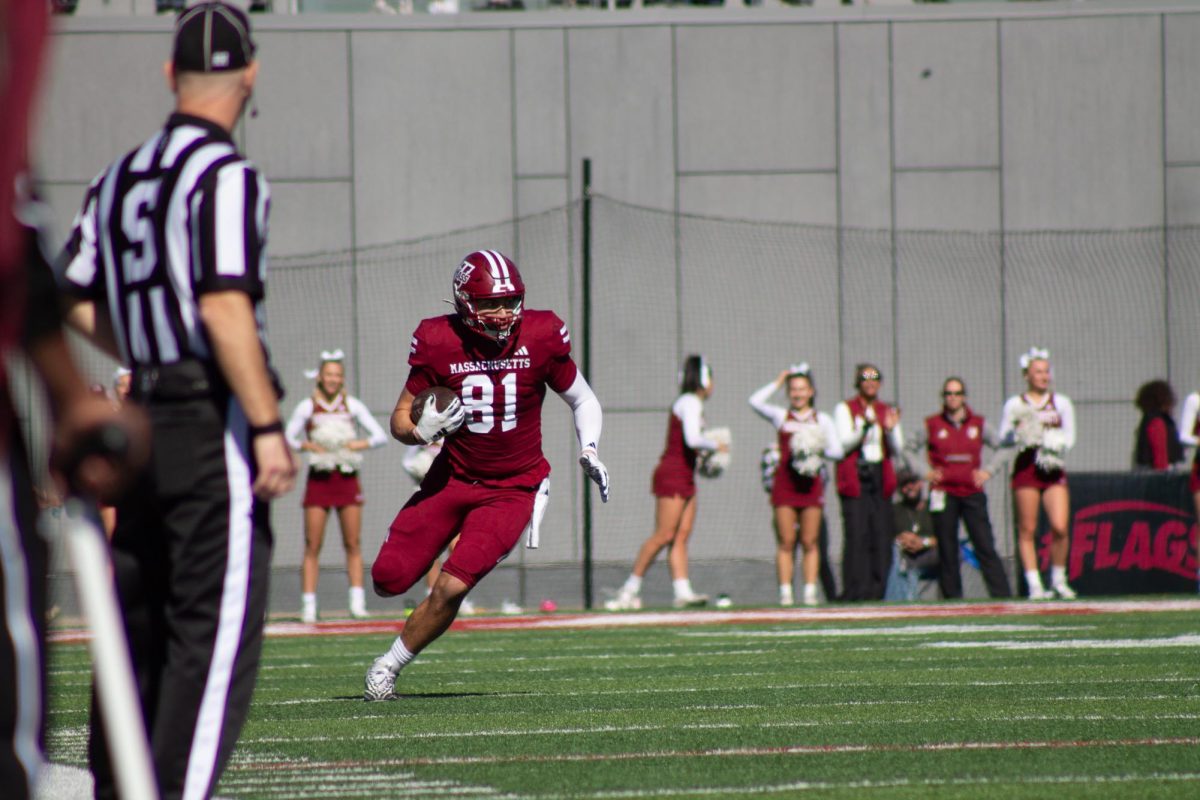












NITZAKHON • Mar 6, 2019 at 8:10 pm
“Journalists should not have to live in fear that one day they’ll meet their maker because of the words they put down on a page or broadcast to the nation.”
I am reminded of an episode of Deep Space Nine, where Cisco’s kid whatshisname was reporting from the station after the Dominion took it over. The Vorta whateverhisname told him what to transmit, and the kid said “What about freedom of the press?”
“Dear boy you can’t possibly be that naïve.”